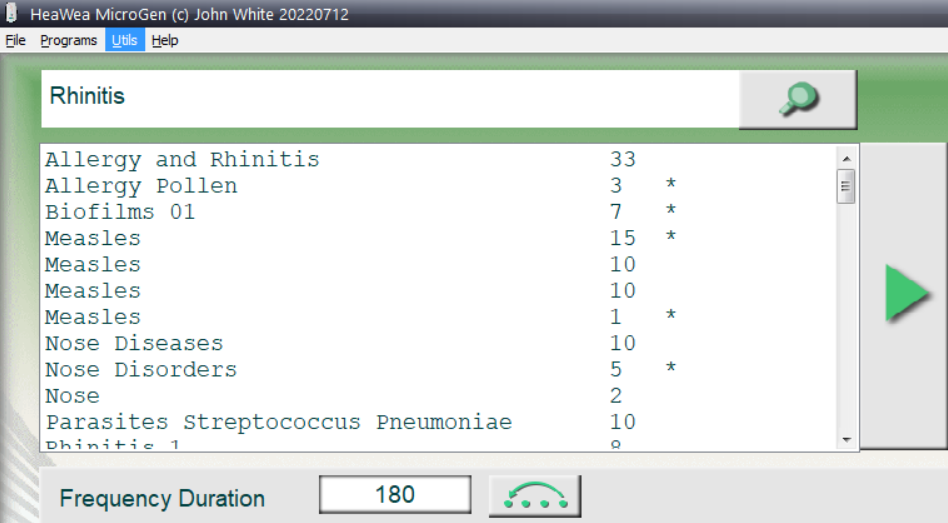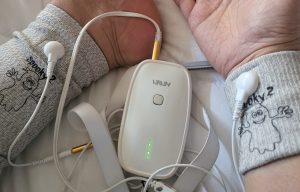Rhinitis is a common condition that affects millions of people worldwide. It is characterized by inflammation of the nasal mucosa, leading to symptoms such as sneezing, nasal congestion, runny nose, and itching. While rhinitis itself is not a severe condition, it can significantly impact the quality of life and overall well-being.
Causes of Rhinitis
Rhinitis can be classified into different types based on its underlying causes:
Allergic Rhinitis – Triggered by allergens such as pollen, dust mites, pet dander, or mold. It is often seasonal (hay fever) or perennial, depending on exposure.
Non-Allergic Rhinitis – Can result from irritants like smoke, pollution, strong odors, or changes in temperature and humidity.
Infectious Rhinitis – Usually caused by viral or bacterial infections, commonly seen in colds and flu.
Hormonal Rhinitis – Occurs due to hormonal changes, such as during pregnancy or thyroid disorders.
Drug-Induced Rhinitis – Caused by prolonged use of nasal decongestant sprays or certain medications.
Treatment for Rhinitis
Managing rhinitis effectively depends on its type and underlying cause. The treatment options include:
1. Avoidance of Triggers
For allergic rhinitis, minimizing exposure to allergens is crucial. Using air purifiers, washing bedding frequently, and avoiding outdoor activities during high pollen seasons can help reduce symptoms.
2. Medications
Antihistamines: Help relieve sneezing, itching, and runny nose.
Nasal Corticosteroids: Reduce inflammation and are effective for long-term symptom control.
Decongestants: Provide short-term relief from nasal congestion.
Leukotriene Receptor Antagonists: Used in some cases of allergic rhinitis.
3. Immunotherapy
Allergy shots or sublingual tablets help desensitize the immune system to allergens over time, reducing the severity of allergic rhinitis symptoms.
4. Microgen for Rhinitis

Testimonial
During my research on atrial fibrillation, I discovered that one of the root causes—at least in my case—was low magnesium levels. As you may know, magnesium plays a crucial role in heart function. Recognizing this, I incorporated magnesium into my daily regimen to support my heart health.Sodium and potassium play crucial roles in heart function, including regulating heart rhythm. In atrial fibrillation (AFib), maintaining a proper balance of these electrolytes is essential. I have incorporated these essential electrolytes using spooky2 remote. Since making these changes, I have not experienced any episodes of atrial fibrillation.

HeaWea is dedicated to creating the world’s most advanced, convenient, and powerful portable frequency devices.
- Rated Current: 5 mA
- 5 Different Power Levels
- 24+ Hours Battery
- Duration 1 uHz Frequency Resolution
- Over 30,000 Free Programs
- 0.000001 – 2.00 MHz Frequency Range
- 800 Charging Cycles of Battery Life




